Becoming a UN Climate Change Accredited Teacher
Guest blogger Glynnis Morgan (@geographygem) discusses becoming a UN Climate Change Accredited Teacher.
If you are a Geography teacher on Twitter, you may have noticed over the summer holidays a spate of teachers proudly showing off certificates from various courses, and after several posts in this vain, a circular blue badge announcing themselves as a UN Climate Change Accredited Teacher.
First UN Climate Change Accredited Teacher Certificate
So what’s this all about?
The eduCCate Global Project has been organised by Harwood Education who have teamed up with the United Nations Institute for Training and Research (UNITAR) to “develop and deliver an innovative Climate Change Education Programme for primary and secondary schools in the UK” (Harwood Education 2019) Their mission is to ensure that there is a Climate Change Teacher, accredited by the UN Climate Change Learn Partnership, in every school around the world.
Once you have signed up to partake in the training, you need to work through 5 key courses and modules:
- “Climate Change International Legal Regime”
- “Human Health and Climate Change”
- “Cities and Climate Change”
- “Children and Climate Change “
- “Open Online Course on Gender and Environment” (You only need to complete Module 1 from this course).
Each is a self-taught, self-paced course with a downloadable PowerPoint and PDF to accompany an interactive lesson. All you need to do is find a quiet place to sit down and work through them.
Being the Geography teacher stereotype I am, I armed myself with a pad of paper and my pencil case of coloured pens and highlighted and I took very colourful, highlighted notes. You don’t have to do this, but I found taking notes an easier way to take all the information need and gave me a point of reference for later use. I also set up a YouTube playlist to save all the fantastic videos in.
Once you have completed each course, advised to take around 2 hours, but I found it took longer as I made notes and viewed some of the extra supplementary material, you need to take the relevant quiz.
You get 3 attempts at the quiz, and you need to get 70% to pass. For the “Climate Change International Legal Regime” it works a little differently, there are 3 sections and each section has its own quiz, needing 60% to pass in 2 attempts. For each section, you receive a badge. Get all 3 badges, get the certificate for the module.
Once you have completed and passed the 5 required courses, you receive the final badge and become a UN Climate Change Accredited teacher. You then need to register this with eduCCate Global who will then add you to the world map of Climate Change Teachers.
UN Climate Change Accredited Teachers Map
But what’s the point in doing this?
Yes, it appeals to the competitive spirit in us, wanting to complete the courses and make an announcement that we too now have this accreditation. And of course, as professionals, we should be striving for further development of our subject knowledge for our own (and our students’) betterment.
But the main point of doing this is because climate change is the biggest social, economic, political and environmental concern of our time. Nothing else threatens our every day and our future as much as climate change and it impacts, and we need to be informed.
Back in March 2019, 4 students from a school in Oxford campaigned for better teaching on Climate Change. They launched a petition, which reached more than 50,000 signatures, stating that pupils need to be taught more about the impact of climate change. In response, the government said that the subject of climate change is already covered in science and geography (BBC 2019)
The Government’s response is correct. The Geography Curriculum refers to climate change, not only in its own individual topic of causes, impacts and responses but in many others as well, migration, energy security, food and water security, ecosystems, urbanisation and globalisation to name a few.
This qualification will add another string to many Geography teachers’ bows, and as the eduCCate Global website says, “transform knowledge into positive action”.
By providing relevant and up-to-date information on climate change, Geography teachers can make their lessons more informed than ever before. We can provide our students with the knowledge they need to help combat the impacts of climate change and lead a fundamental shift in the way we use and consume resources, travel, and treat the planet.
So if you are interested, you have until September 30th2019 to complete the courses before Phase 1 comes to an end.
Those of us signed up and accredited move into Phase 2 are excited and ready to take part!
Sign up here: https://educcateglobal.org/index.html
Glynnis Morgan
Head of Geography, south west London
Links:
Harwood Education https://harwoodeducation.com/un-cclearn/

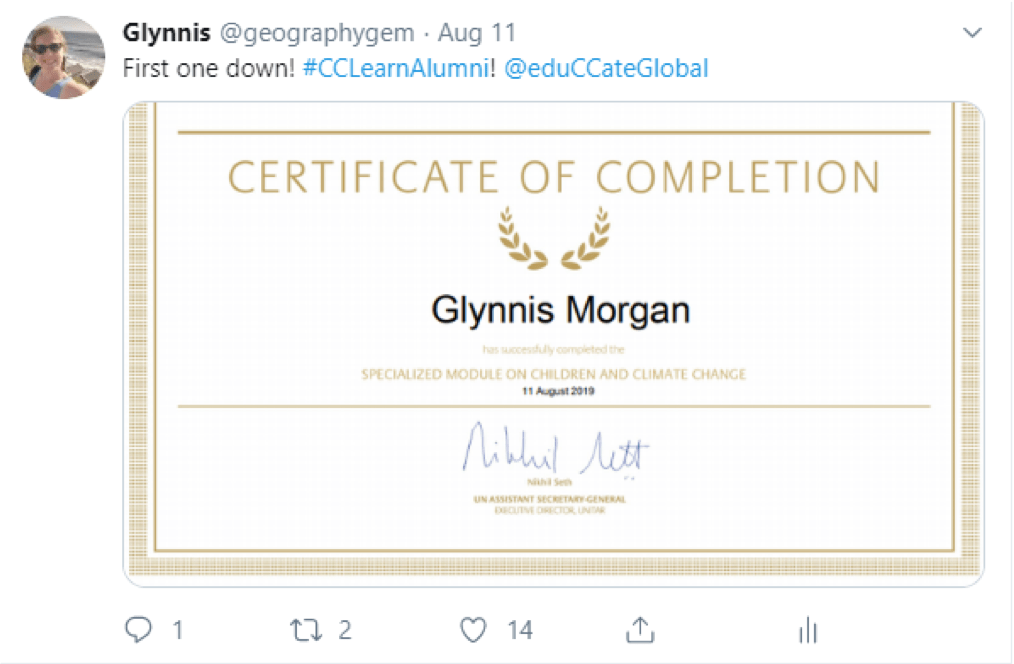
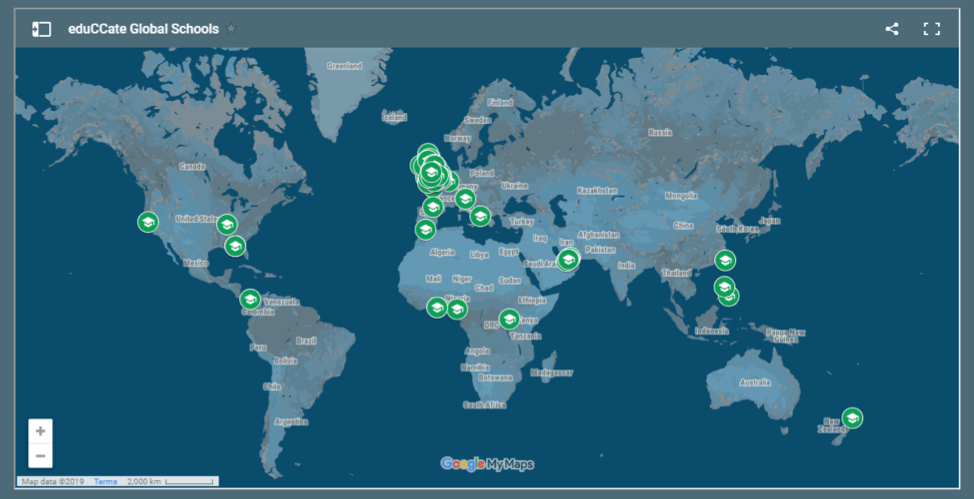
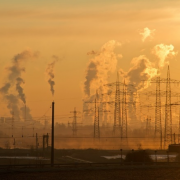
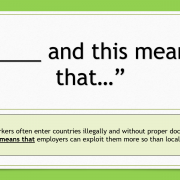
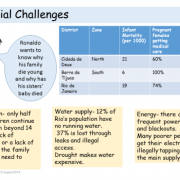
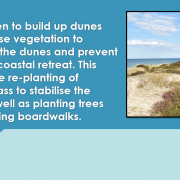
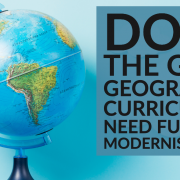
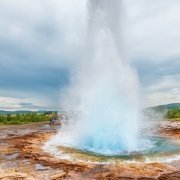 Rayburn Tours
Rayburn Tours

Leave a Reply
Want to join the discussion?Feel free to contribute!